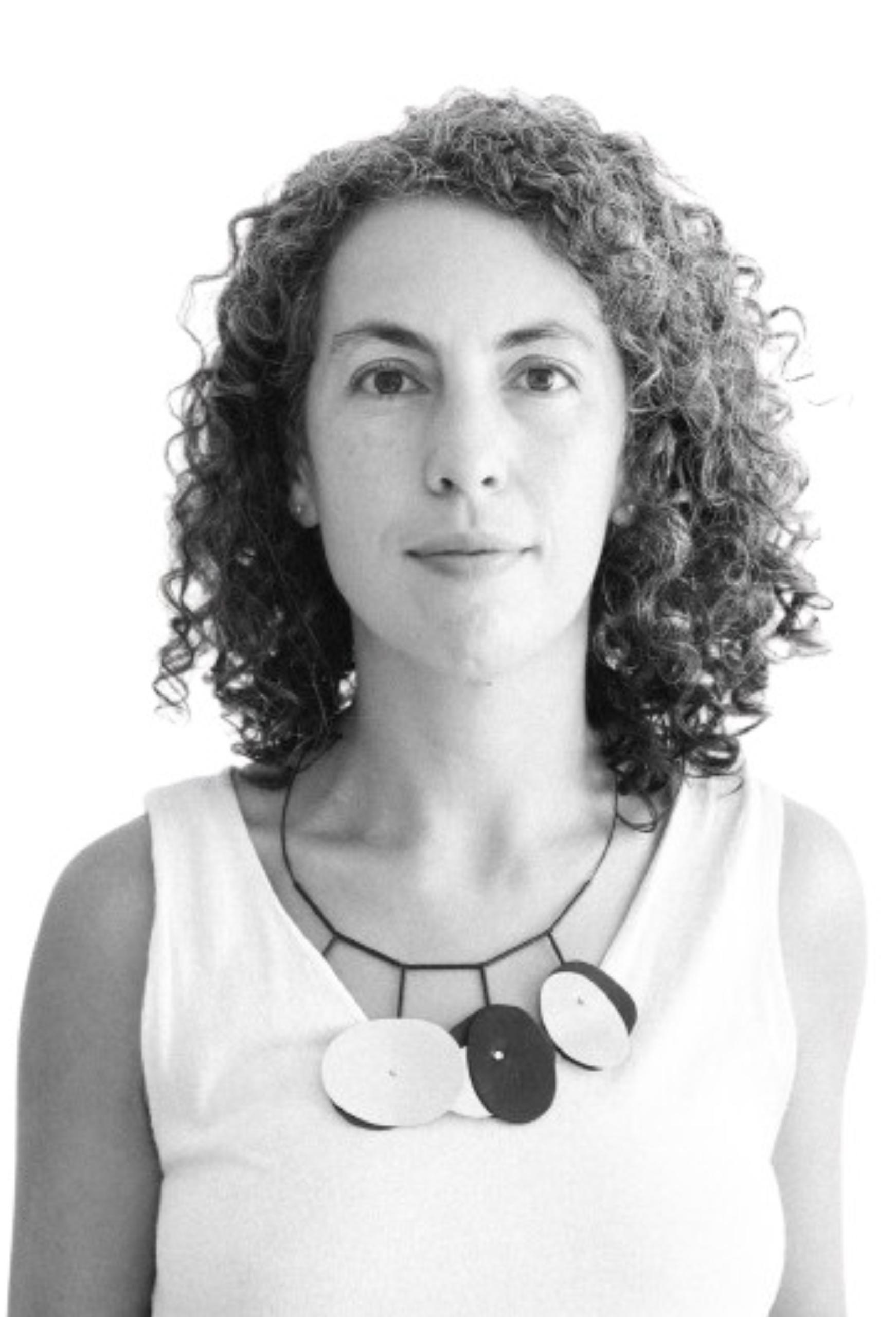Credits: 4 ECTS
Instructor: Henrique Barros
Teaching Staff: Henrique Barros, Catarina Queiroga, Jorge Tavares, Rui Morgado, Sílvia Fraga, Paula Meireles, João Niza Ribeiro, Teresa Leão, Ana Azevedo and João Moreira
Contents:
- Concepts and technical terms used in Public Health: Health, Public Health, Global Health
- Evolution of the concept of health over time, Evolution of health over time
- Public Health disciplines and methodological approaches
- Diseases and health problems
- Health determinants: types Profile and competences of the Public Health physician
- National Health Service and National Health System
- Public Health Services in Portugal
- Public Health as a medical specialty
- Public Health physician in the hospital environment
- Health Policies and Health Systems
- Health and Development
- Primary Health Care
- Prevention levels
- Other introductory and fundamental concepts in Public Health






